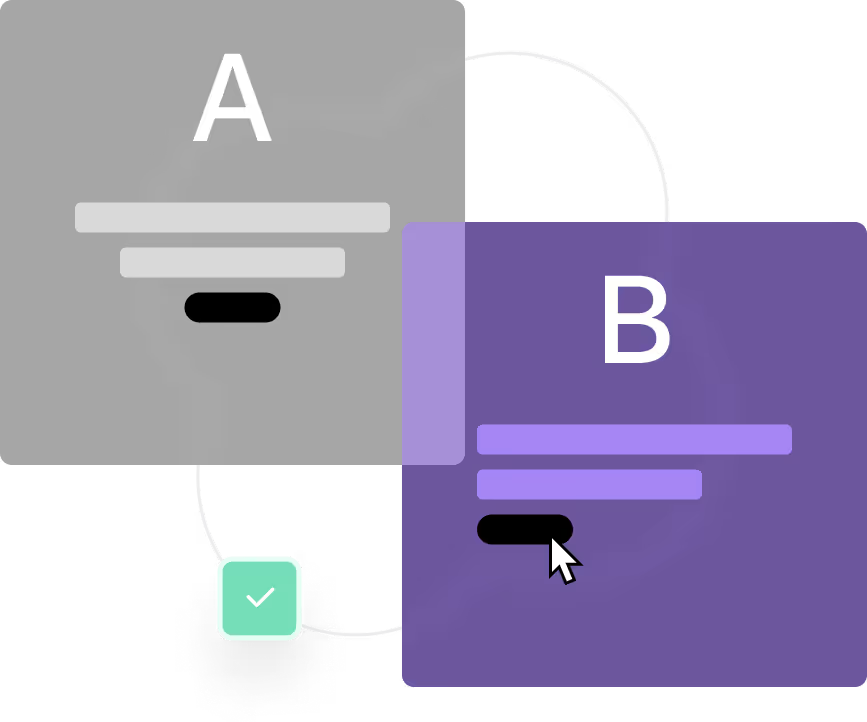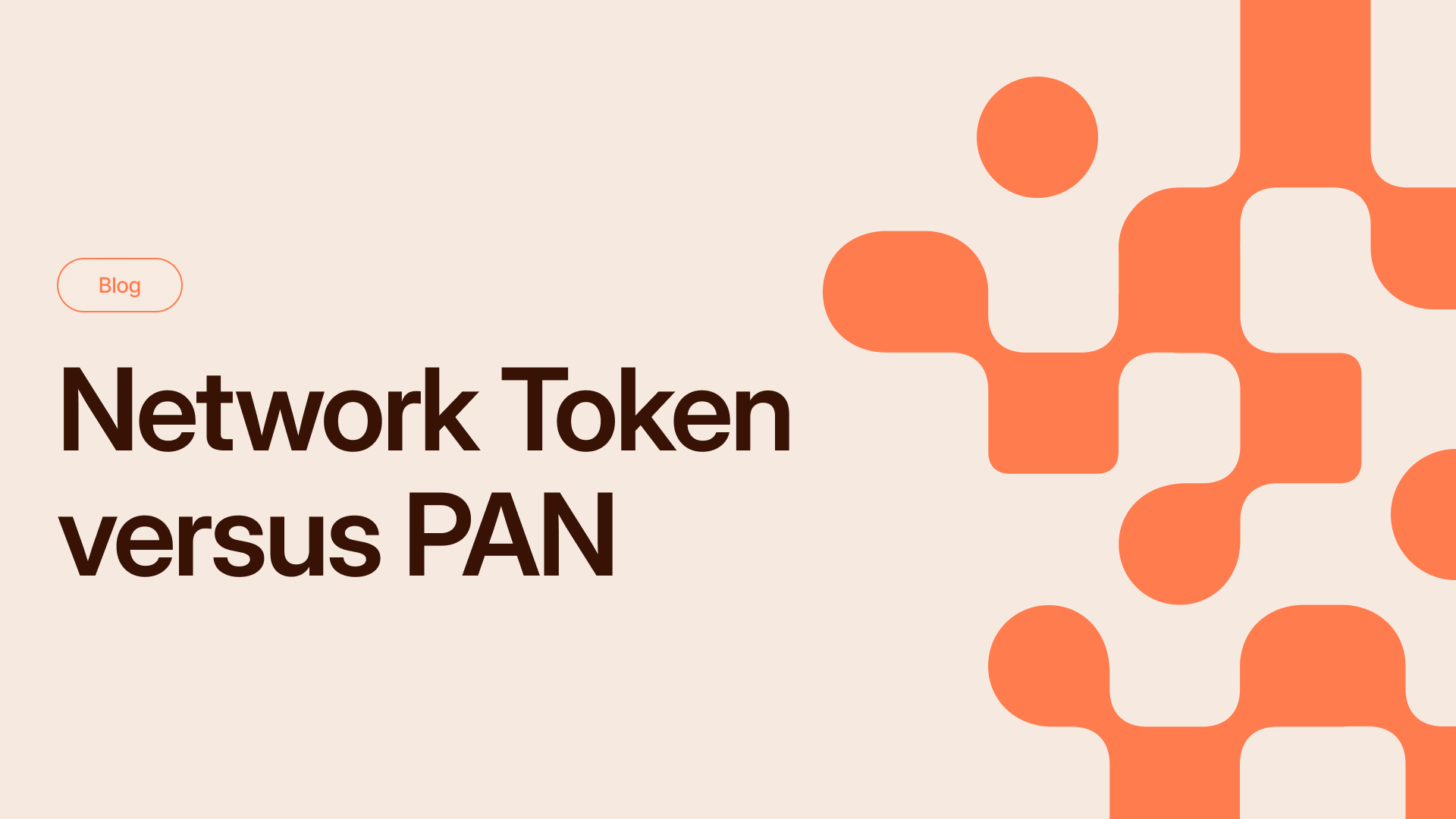The remote working versus the return to the office debate isn’t new. But it’s intensifying and evoking strong emotions as organizations increasingly demand employees return to the office part or full-time.
As a people leader in a company that's 100% remote, it's a debate I’m passionate about. It's also a topic I receive many questions about.
I recently participated in an event panel where we discussed this exact topic. Some of the questions asked were: ‘What about the company culture? And the levels of productivity? How can you be sure people are working as much as they should? How do you make sure employees stay engaged?’
These are all valid questions, but I don’t believe they are the ‘right’ questions.
Rather than asking what happens to company culture when people can't be in the same room every day or a few days a week, I think the question should go deeper. Is a culture that depends on presentism the culture you want to cultivate?
If your employees' productivity levels depend on being watched or conditioned by the pressure of ‘being around other people who are working, therefore I should be working,’ you have a far more severe problem than the setting. Engagement doesn’t come from warming chairs in a room with fluorescent lighting.
Of course, the counterargument is: ‘Doesn’t being all together in person nurture relationships, create opportunities for collaboration, and elevate levels of engagement?’ Of course!
Teams coming together for work and play is a tried and tested way to enrich employee engagement. But is this all there is to it? I don’t think so. If this were the case, joyful, happy, engaged employees would fill the old-school corporate offices …
Giving employees trust, ownership, and a foster a sense of belonging
Now I don’t want to go further into the office versus remote work debate—if you do, here’s a great article to read. My view has always been the same: there is no correct answer; it’s what works best for your employees.
I want to discuss how you can effectively embrace remote work by cultivating a culture centered around trust, ownership, and a sense of belonging.
Trust
Trust is the foundation of every relationship—it makes the world go around. Yet, a peculiar phenomenon exists in the workplace where companies, by default, withhold trust from their employees until certain conditions are met.
It’s even weirder when you think right now you’re trusting a lot by default. You trust that the chair you’re sitting down on will support your weight and won’t break. You’re trusting that the roof over your head won’t cave. Yet you probably don't know the person who built that roof or the carpenter who crafted the chair.
Trust is at the core of a People’s Team's mission of establishing an environment where people can bring their best selves, do amazing things, and accelerate their careers meaningfully. Our role is to create a psychologically safe space where people can be authentic and vulnerable, where their energy isn’t spent in fear of making mistakes but on innovating and growing the business and their careers simultaneously.
You shouldn’t question if your employees are working the hours they say they are. You trust they are. You trust they want the best for themselves and the business. And unless someone raises a red flag, this should always be your default stance to foster a culture of trust.
Ownership
The other side of trustworthiness is ownership. When people ask me about performance management and how to ensure people perform when you can’t see them, my answer is simple: you trust people to do their job, give them full ownership to do it as they see fit, and establish a results-based environment.
Having people physically present in a room doesn’t guarantee good work. Ultimately, a disengaged employee or someone with a poor work ethic will still be this but will find a way to pretend and get by while in your presence.
When you extend trust and provide full ownership, you foster a team of committed employees who consistently surpass expectations and go above and beyond for the business. Do we need to be in the same room three or five times a week in an office to achieve this?
No. It’s not about the space work happens in. It’s about mindset.
And how do you achieve this collective mindset, I hear you ask? Belonging is the answer.
Belonging
The key to a remote strategy and a pivotal element of any great company culture is the sense of belonging. This is a primary need; it’s wired in our DNA and is proven to be a determinant factor of workplace engagement, well-being, and satisfaction.
Belonging is about feeling seen, feeling connected, and supported. And connection is not based on geography; it’s not limited to being in the same place. The same way feeling seen it’s not about actually looking at each other, either in person or through a call.
We must constantly create spaces where people can safely express their opinions, share their interests, learn and laugh at their mistakes, and have fun. This is what belonging should look like; we should be working hard, but we should have a little fun doing it.
Applying these values to Primer
Primer was born in 2020 in a café in Paris, and by design, it would always be a remote first business. The founders believed this was the way forward even before the pandemic hit us all and changed the world as we knew it. They knew well that having the best talent would be the key to achieving their ideas and creating a successful business.
They also knew that talent exists everywhere. They didn’t want to lose out on the opportunity to reach this talent to find the best of the best. And just like that, they set the foundations for an organization today with employees from over 35 countries.
A culture centered on trust, ownership, and a sense of belonging, is what Primer strives to create for its people. And it’s what’s made our approach to remote work a success. Of course, we’re not perfect. We don’t have it all figured out. But in true Primer spirit, we’re constantly learning and changing, always looking for a better way to do things. Together.
Want to join the team? Take a look at our careers page.




.png)
